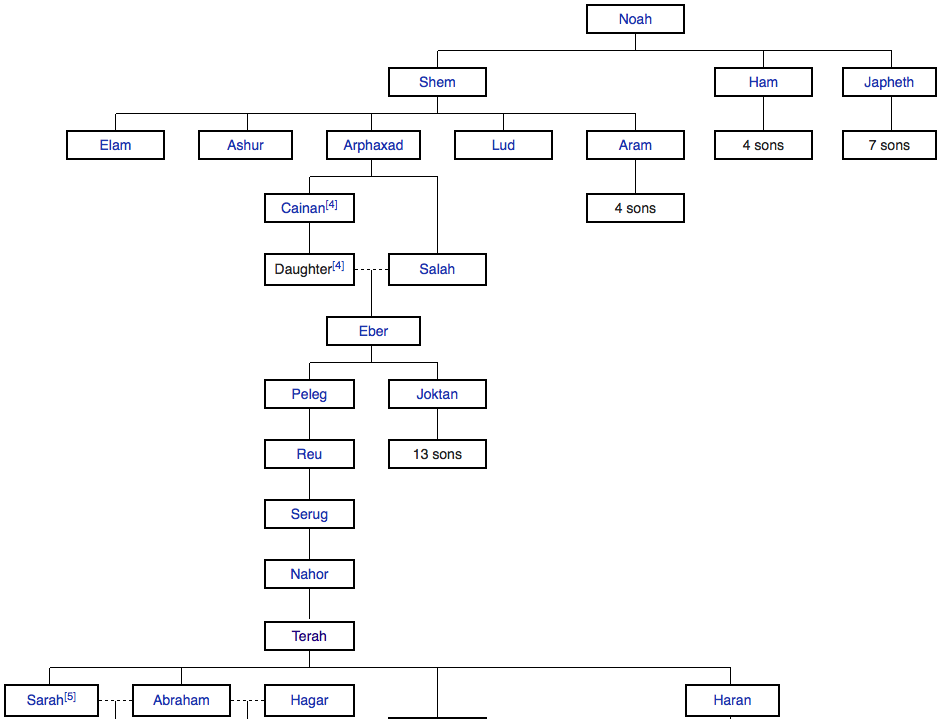
Welcome to The Sofa Series. Our ultimate goal in the series is to not just understand more of the Bible, but through the series, get to know who God really is. Here on the sofa, you’ll pull up your comfiest chair, tuck your feet under your Snuggie, and dig into God’s Word. Here, we’re informal yet unafraid to dig into the hard-to-understand things in God’s Word. Here, all are welcome, regardless of how much you already know (or don’t!) about the Bible. Are you ready?
The Reading Plan: Week 1
We study: Abram’s Call and promise, his nephew Lot, Sodom and Gomorrah, the birth of Isaac, Isaac’s sacrifice.
Day 1: Genesis 12-13
Day 2: Genesis 14-15
Day 3: Genesis 16-17
Day 4: Genesis 18-19
Day 5: Genesis 20-22
It took me a little while to post this week’s commentary. I could have skipped it but it’s important. There’s much going on, and much to learn about who God is through this week’s reading.
We start with Abram. We learned in chapter 11 that Abram was a descendant of Noah, through his son Shem.
Now Terah was the father of Abram AND Sarai, who Abram took to be his wife. He was also the father of Haran, whose son is Lot. We’ll learn more about him in a bit. Before we get all crazy about the concept of incest, there are a few things to note. One, they were half-brother/sister. Genesis 20:12 tells us,
Besides, she really is my sister, the daughter of my father though not of my mother; and she became my wife.
Second, back then it wasn’t illegal to marry a sibling. That wouldn’t become law until it was given to Moses by God to share with the Israelites. Leviticus 18:9 shares that piece of Mosaic Law,
Do not have sexual relations with your sister, either your father’s daughter or your mother’s daughter, whether she was born in the same home or elsewhere.
The four of them – Abram, Sarai, Lot, and Terah traveled towards Canaan, and settled in Harran. But God would call Abram to leave his father and travel with Lot and Sarai to continue on to Canaan. This is where God makes a covenant with Abram.
The Lord appeared to Abram and said, “To your offspring I will give this land.” So he built an altar there to the Lord, who had appeared to him.”
Why would God promise a tent-dweller that He would make him a great nation? What made Abram so special?
First, God called. Second, Abram listened. Seems simple, doesn’t it? But we know that Abram’s father Terah didn’t worship God. Joshua 24:2 says,
Joshua said to all the people, “This is what the Lord, the God of Israel, says: ‘Long ago your ancestors, including Terah the father of Abraham and Nahor, lived beyond the Euphrates River and worshiped other gods.
That makes the call of Abram even more significant, because he didn’t come from a God-worshipping family.
1. God values devotion. We find a single verse that explains His reasoning in choosing Abram, Genesis 18:19.
For I know him, that he will command his children and his household after him, and they shall keep the way of the Lord, to do justice and judgment; that the Lord may bring upon Abraham that which he hath spoken of him.
God knows that Abram, though He wasn’t raised to do so, would be devoted to God and would raise his children to be devoted as well.
2. God sees when we’re grateful for His blessings, protection, and promises. Not only did Abram go when God said go, but once he made it safely to to his destination, he remembered God, and built an altar to God once he first entered Canaan, and again when he finally pitched his tent in Bethel. In those days, building an altar wasn’t just marking a place on a map. It was an acknowledgement to God that the builder was taking time to thank Him, give offerings, and connect with God. In Ezra 3, we’re reminded that when the temple that Solomon built for the Lord was destroyed by Nebuchadnezzar around 587 BC, it was the altar of the Lord that was rebuilt before the temple. That is a clear indication of the importance of the altar and the pivotal role it plays in connecting God to the people.
Well that was a LOT of background info in one chapter, and if you’re still hanging with me, that’s awesome! I think the biggest take-away we can have from this chapter is that God rewards obedience and devotion. He’s also reminding us once again that it doesn’t matter where you came from, only where you’re going.
So now we see Abram heading into Egypt. What ONE WORD describes the following passage to you?
Now there was a famine in the land, and Abram went down to Egypt to live there for a while because the famine was severe. As he was about to enter Egypt, he said to his wife Sarai, “I know what a beautiful woman you are. When the Egyptians see you, they will say, ‘This is his wife.’ Then they will kill me but will let you live. Say you are my sister, so that I will be treated well for your sake and my life will be spared because of you.”
Do you have one word? What are you thinking? Here’s the word I’m thinking: FEAR.
Abram is afraid. He’s afraid in this foreign land that he’ll be killed so they can steal his wife, so he does what any fearful husband would do: he gives his wife to the Pharaoh’s harem so he (Abram) could sleep well at night.
Can you imagine how Sarai felt? I can imagine 1,000 emotions running through her veins. Betrayal. Fear. Sadness. Anger. We’re never told how she responded during this time, but we do know how GOD responded.
But the Lord inflicted serious diseases on Pharaoh and his household because of Abram’s wife Sarai.
God didn’t inflict diseases on Pharaoh’s house because He didn’t like Pharaoh. He did so to protect Sarai and Abram. He’d promised Abram that he would be the father of many nations, and that wouldn’t happen if Abram’s wife was stuck in a harem at the palace. God stepped in and undid what Abram had done in haste and fear to continue His purpose in and through Abram and Sarai.
Abram and Lot part ways
Up to this point, Abram and Lot had stayed together. But they had amassed so much in livestock and people (workers, helpers) that they could no longer live in one space together. Abram allowed Lot to choose which area he wanted first, and then Abram took what was left. God chose this time to remind Abram of His promise.
“Look around from where you are, to the north and south, to the east and west. All the land that you see I will give to you and your offspring forever. I will make your offspring like the dust of the earth, so that if anyone could count the dust, then your offspring could be counted. Go, walk through the length and breadth of the land, for I am giving it to you.”
Point to Ponder: God would choose a fatherless man, husband to a barren wife, to become the father of many nations. In that society, being a father was everything. It’s interesting to see that the places where Abram struggled and/or was tested involved fatherhood (his relationship with Hagar, Isaac’s sacrifice). When God made this covenant with Abram, Abram didn’t question how God would fulfill His promises, he simply followed in faith, believing that He would.

Leave a Reply